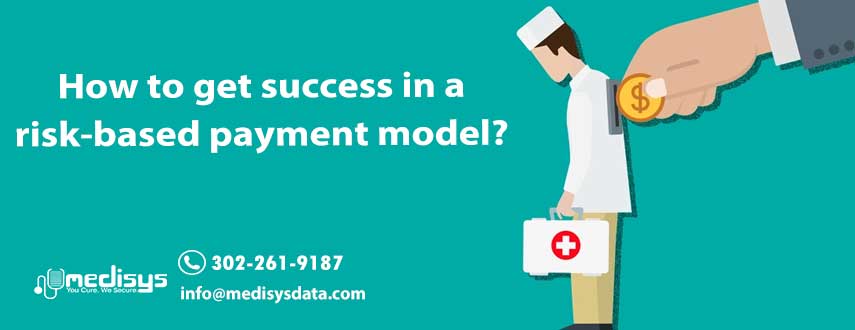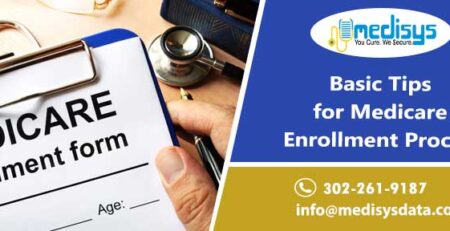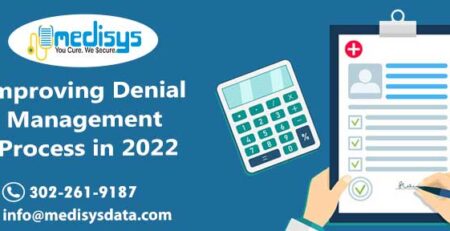Reimbursement insufficiency, data on time, and most important data access are preventing hospitals and health systems from moving to risk-based payment, according to a recent survey from healthcare improvement company Premier.
What is a risk-based payment model?
According to American Academy of Pediatrics, There are a variety of risk-based or budget-based payment models being developed. Risk-based arrangements (i.e., budget-based contracting) payments are predicated on an estimate of what the expected costs to treat a particular condition or patient population should be. This includes capitation, bundled payments, and shared savings arrangements. While health plans will base expected costs on sophisticated and actuarially sound models, physicians need to be sure to understand how these costs were calculated and that they include the total direct and indirect practice expenses and margin.
The onus is on the physician to be able to manage expected utilization and related practice expenses for treatment. Success is based on the practice’s ability to control the health care expenses of the patient population so that they do not exceed the budgeted amount. The practice may share in the potential savings as well as any losses. For example, the practice may share in a percentage of any savings (e.g., upside risk); however, if the actual costs of care exceed the target or budgeted costs, the practice may be responsible for a percentage of the difference (e.g., downside risk).
The Premier survey of 177 healthcare professionals and physicians from hospitals and health systems across the country, this survey found that the shift to risk-based payments model in the healthcare industry has been slow. Across all payer types – according to most respondents, 80 percent population was not covered under a risk-based payment model.
“The survey findings underscore that the movement to risk-based alternative payment models necessary to achieve this vision is progressing, but slowly. The survey also reveals the fundamental reasons for this slow pace, which largely amounts to needed economic incentives and access to data. This underscores the need for policy changes, as well as action by private organizations,” Blair Childs, Premier’s senior vice president of public affairs, stated in a press release.
Medicare may be a role model for all other payers. The large public payer runs the most risk-based payment models:
- 29 percent are in Medicare fee-for-service risk-based arrangements
- 22 percent with Medicare Advantage
- 23 percent with employer-sponsored health plans
- 15 percent with Medicaid
- 11 percent with individual and small group plans
Medicare is already taking steps towards resolving the challenges discovered by healthcare professionals and physicians in the survey. For example, last year, the public payer overhauled the Medicare Shared Savings Program – the largest accountable care organization program to date – to push more providers to assume downside financial risk sooner.
According to all 177 healthcare professionals and physicians who sit in various parts of hospitals and health systems:
- 29 percent are in Medicare fee-for-service risk-based arrangements
- 27 percent expect to have more than half of their population in risk-based arrangements within 5 years
- 3 percent say the data they receive from commercial payers is accurate and standardized, if available at all
- 17 percent say more than half of their Medicare fee-for-service population is in risk-based arrangements
- 23 percent rank “reimbursement inaccuracy” as the top barrier in moving to risk-based models
CMS is also providing multi-payer claims data access through some of its Innovation Center demonstrations. Participants have said the claims data have provided a much-needed solution to unpredictable claims data access and the desire to advance value-based care delivery. But still more work needs to be done by Medicare and other payers to shift providers to risk-based payments.
Are You Ready to Get Billing?
Want to have an error-free billing and coding expert at your work? You are at the right place, what you need now is a partner who can finish out the rest of the work and make the technology and implementation just as simple. That’s what the best medical billing company like Medisys Data Solutions Inc can do. If you’re ready to get started, schedule a meeting with our medical billing manager from filling out enquiry form from our website!












